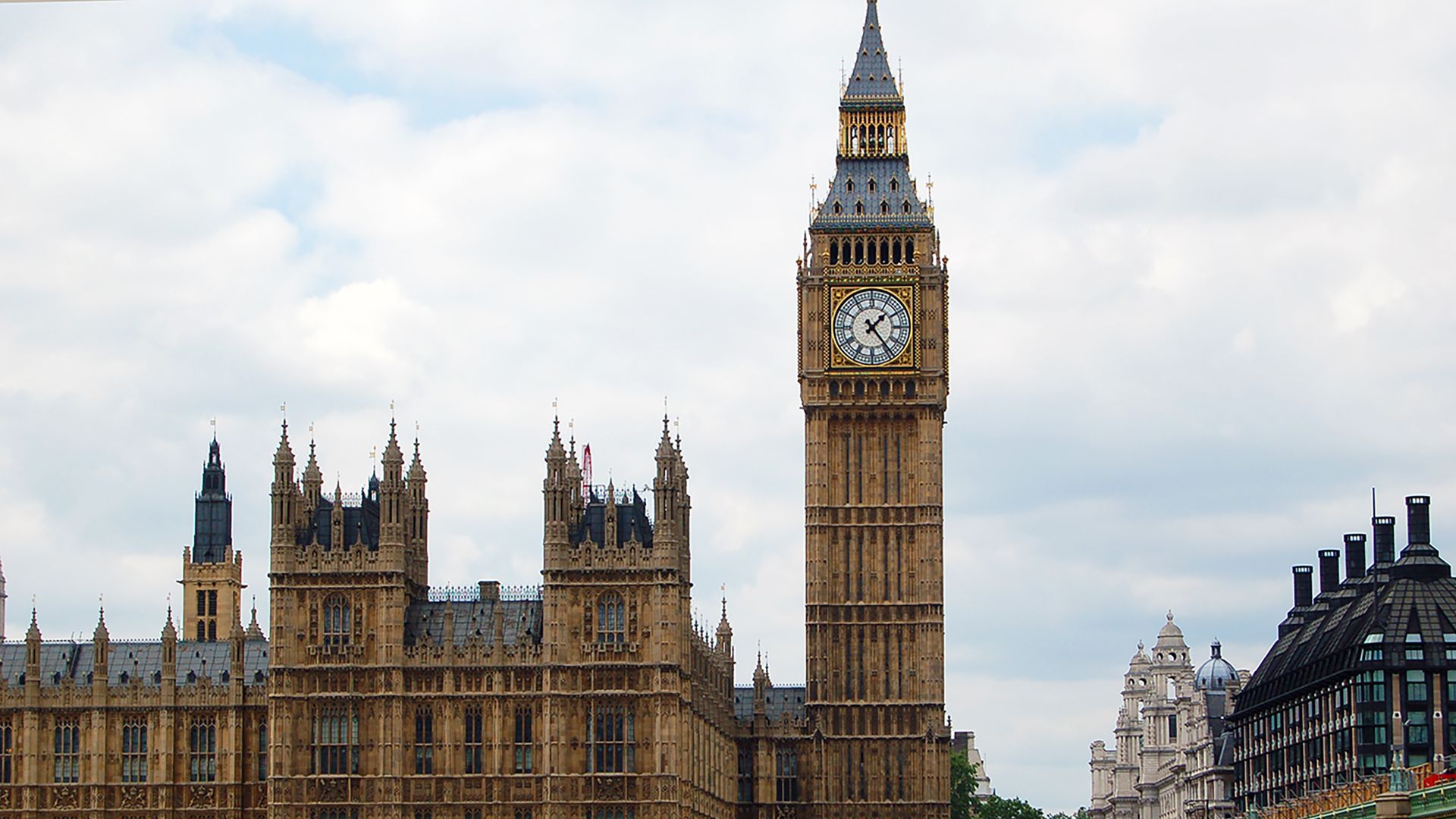The world of pensions is constantly evolving, and a recent study has shed light on a fascinating trend: a divide among savers regarding government intervention in pension investments [1]. While some view it as a form of empowerment, others perceive it as government overreach. Let’s delve into the findings and explore both sides of the coin.
A Desire for Security:
The study revealed that roughly half of savers (50%) believe the government shouldn’t dictate where pension funds are invested [1]. This sentiment likely stems from a desire for control and the flexibility to align investments with personal risk tolerance and financial goals. Savers may also harbour concerns about potential government mismanagement or a bias towards specific sectors.
The Case for Guidance:
On the other hand, a significant portion of savers (the other half!) expressed openness to some degree of government involvement [1]. This support could be rooted in a desire for:
- Protection: Government oversight may offer a sense of security, particularly for risk-averse savers who prioritise the safety of their retirement nest egg.
- Improved Returns: Some believe government intervention could lead to more strategic investment decisions, potentially resulting in higher returns for pensioners.
- National Interest: Advocates for government control argue it could steer investments towards sectors deemed beneficial for the national economy.
Finding the Right Balance:
So, where do we go from here? The key seems to lie in striking a balance between individual autonomy and potential benefits of government involvement. Here are some possibilities:
- Transparency and Education: Increased transparency about investment strategies and their potential risks and rewards can empower savers to make informed decisions.
- Default Options with Opt-Out Flexibility: Offering a well-diversified, government-backed default investment option with the flexibility to opt out for a personalised plan could cater to both preferences.
- Performance Benchmarks: Setting clear performance benchmarks for government-controlled investment vehicles could ensure accountability and encourage optimal returns.
The Bottom Line:
The debate surrounding government control of pension investments is multifaceted. There’s no one-size-fits-all answer, and individual preferences should be respected. However, by fostering transparency, education, and offering flexible options, policymakers can empower savers while potentially creating a more secure financial future for retirees.
Ready to take control of your retirement journey? Contact us.
Source data:
[1] Independent research carried out online by Yonder consulting with a nationally representative sample of 773 employees actively saving for a DC workplace pension.
CAVEAT
THIS ARTICLE DOES NOT CONSTITUTE TAX OR LEGAL ADVICE AND SHOULD NOT BE RELIED UPON AS SUCH. TAX TREATMENT DEPENDS ON THE INDIVIDUAL CIRCUMSTANCES OF EACH CLIENT AND MAY BE SUBJECT TO CHANGE IN THE FUTURE. FOR GUIDANCE, SEEK PROFESSIONAL ADVICE.
A PENSION IS A LONG-TERM INVESTMENT NOT NORMALLY ACCESSIBLE UNTIL AGE 55 (57 FROM APRIL 2028 UNLESS THE PLAN HAS A PROTECTED PENSION AGE).
THE VALUE OF YOUR INVESTMENTS (AND ANY INCOME FROM THEM) CAN GO DOWN AS WELL AS UP, WHICH WOULD HAVE AN IMPACT ON THE LEVEL OF PENSION BENEFITS AVAILABLE.
YOUR PENSION INCOME COULD ALSO BE AFFECTED BY THE INTEREST RATES AT THE TIME YOU TAKE YOUR BENEFITS.

